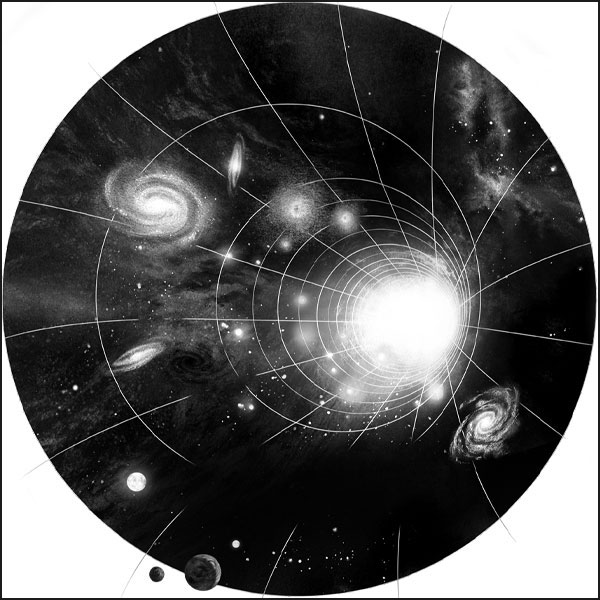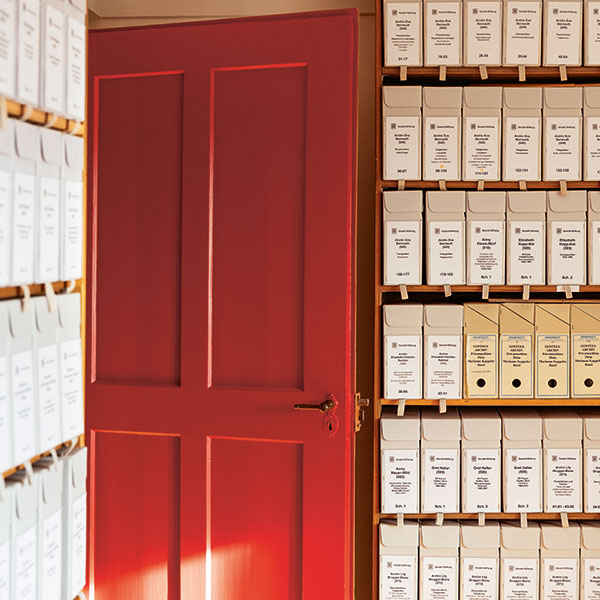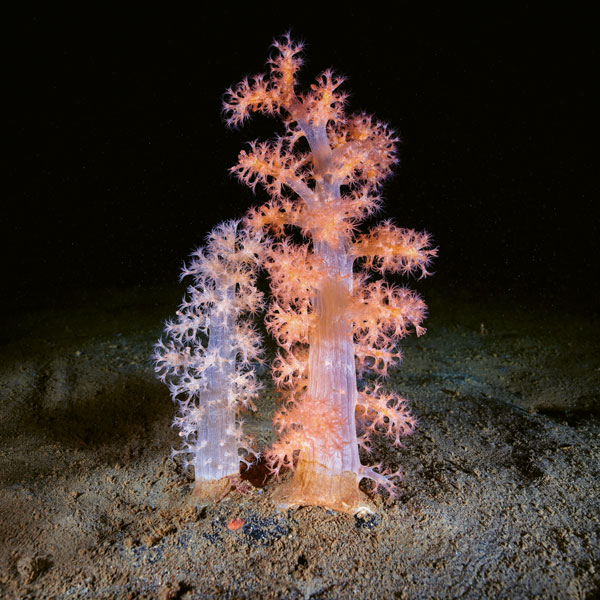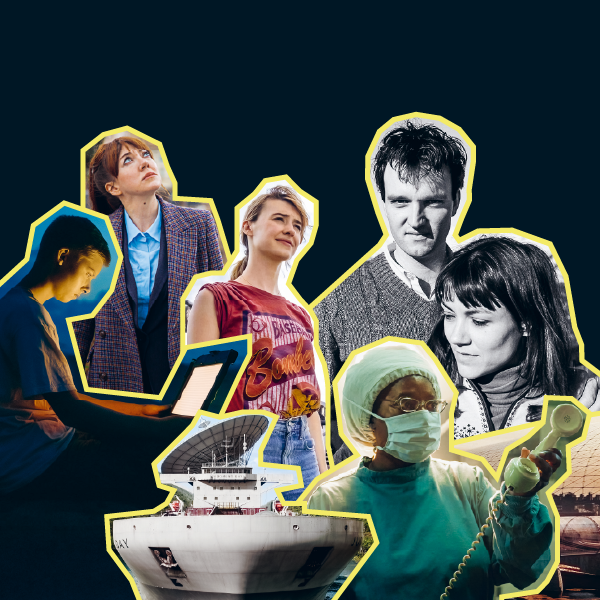Science under duress
The tense situation in Turkey is making it increasingly difficult to conduct research there. Foreign scientists working in Turkey are also aware of this, and they describe diminishing freedoms and a vague sense of fear.

Aliye Berger was a well-known artist who came from the uppermost echelons of the former Ottoman court. She was accused of having shot and wounded a rival for the affections of her later husband. This and many other such press photos are part of the research project of Nataša Miškovic. | Image: SIBA database
Our call is answered by an anthropologist on the Aegean coast of Turkey. She travelled there just a few days ago to find out more about the political situation: “I would like to know what kind of research is at all possible here at the moment”. She would rather not offer any information whatsoever right now – and the same goes for other researchers. In order not to endanger either her, her partners in Turkey or their current research, some of the sources for the following text remain anonymous.
This anthropologist has been researching in Turkey for many years now. What kind of research will remain possible in the future is something that she cannot guess yet: “Either way it will become more difficult to do research here”.
She is one of several researchers from all over Europe who have been deeply engaged with Turkey. Many of them also see the situation the same way – it’s unpredictable and there’s a sense of latent threat. Many of them find themselves confronted with far-reaching complications in their work: either they aren’t given research permits any more, or get them only after a laborious process. It’s become more difficult for them to access archives, and their partners on the spot have become warier. These scientists often find it difficult to assess the extent of state surveillance right now. Our anthropologist is concerned least of all about herself; the worst that could happen to her is to be expelled from the country and be forbidden from returning. But it could be worse for her research partners in Turkey itself, or for the PhD students with Turkish passports who are working with her.
Self-censorship …
The Western media often discuss how scholarship is under pressure in Turkey. But the figures also speak for themselves. Since the putsch attempt in the summer of 2016, the Turkish state has fired more than 4,800 scholars and begun criminal proceedings against over a hundred of them. The University of Lund published these figures in the spring of 2017. In early June, the American organisation ‘Scholars at risk’ published another report on the situation in Turkey. It describes the persecution of scholars having reached an “unprecedented scale”. Universities are being closed, while staff are being fired, forbidden from travelling, and even arrested. According to the report, thousands of scholars are affected by this state repression. And the persecution is continuing.
The increasing pressure on scholarship and science is having a negative impact on foreign researchers working in Turkey. But the repercussions of the current political climate extend much further. They affect the jobs of people in the universities where scholars evaluate and publish their findings. “We consider very carefully what we can publish”, says another social scientist. This professor has been engaged in a study of Turkey for over 30 years. He and his colleagues completed their fieldwork there before the attempted coup last summer. He was lucky, he says. “We were doing research that we couldn’t carry out any more today”.
His colleagues returned from Turkey more than a year ago now, including one researcher with Turkish nationality. They are evaluating their data and preparing their initial publications on it. They are writing about thorny issues regarding the relationship between the state and society. “We have to be very careful, and can’t write everything that perhaps we would like to”. Their primary goal in their publications is to protect their Turkish colleagues and their Turkish sources, who are opposition politicians or employees of NGOs.
... can protect partners on the spot.
On the one hand, there is the desire to publish all possible relevant findings; on the other hand, there is a vague fear of repression, which has been intensified by events such as the arrest and dismissal of employees of universities and other organisations in Turkey.
It’s a dilemma, as Nataša Miškovic can also confirm. She is an SNSF professor at the University of Basel and is active in a project of many years’ standing, researching into the emergence of the Turkish Republic and everyday life in Istanbul and Ankara in the 1920s and ’30s. Her group’s focus is on press photographs from the major daily newspapers Cumhuriye and Akşam. Their research is complete, and they are currently preparing for an exhibition that is also supposed to be shown in Turkey. This demands a great deal of caution. “We have intense discussions on what topics we can show, and where”. In order to not lose cooperation partners, they have also made certain compromises. They become careful whenever state authority becomes a topic. “Just like many other researchers, we are currently working with the hand brake on”, says Miškovic.
Our conversations with these scientists are repeatedly suffused with a vague feeling of threat. Despite the unpredictable situation, they want to continue with their work. “We can’t leave every country that doesn’t want us to research there”, says our anthropologist on the telephone. But at that point she finished the conversation because half an hour later she was to meet with employees of a local organisation. A feeling of uncertainty will stay with her.
15 July 2016: A putsch attempt in the night of 15/16 July. The government accuses the preacher Fethullah Gülen of being the mastermind behind it.
21 July 2016: A state of emergency is declared. Basic rights are suspended, and freedom of assembly is limited.
4 November 2016: Figures show 110,000 civil servants, judges, public prosecutors, policemen and soldiers sacked or suspended, including numerous scientists. Tens of thousands arrested; some 170 newspapers, magazines, TV stations and news agencies closed.
8 February 2017: New mass firings: 4,500 civil servants, including 330 university teaching staff.
16 April 2017: The people accept the disputed referendum on the constitution, with a slim majority.
18 April 2017: The government extends the state of emergency by another three months.
30 April 2017: Turkey blocks access to Wikipedia. 1 August 2017: 500 alleged putschists are put to trial.
Simon Jäggi is a freelance journalist in Basel.




